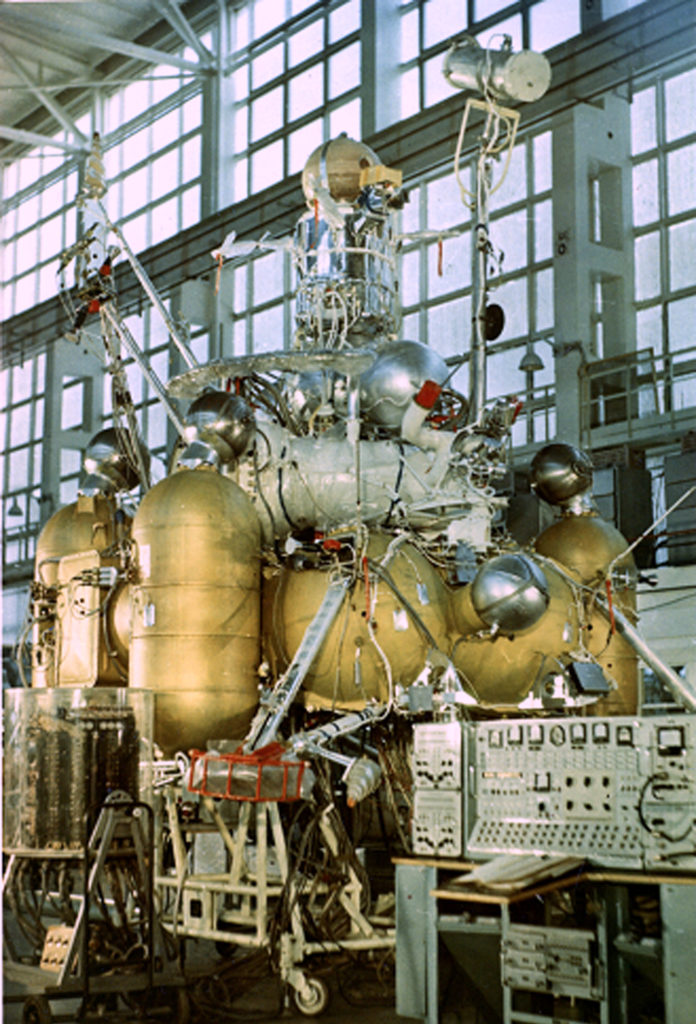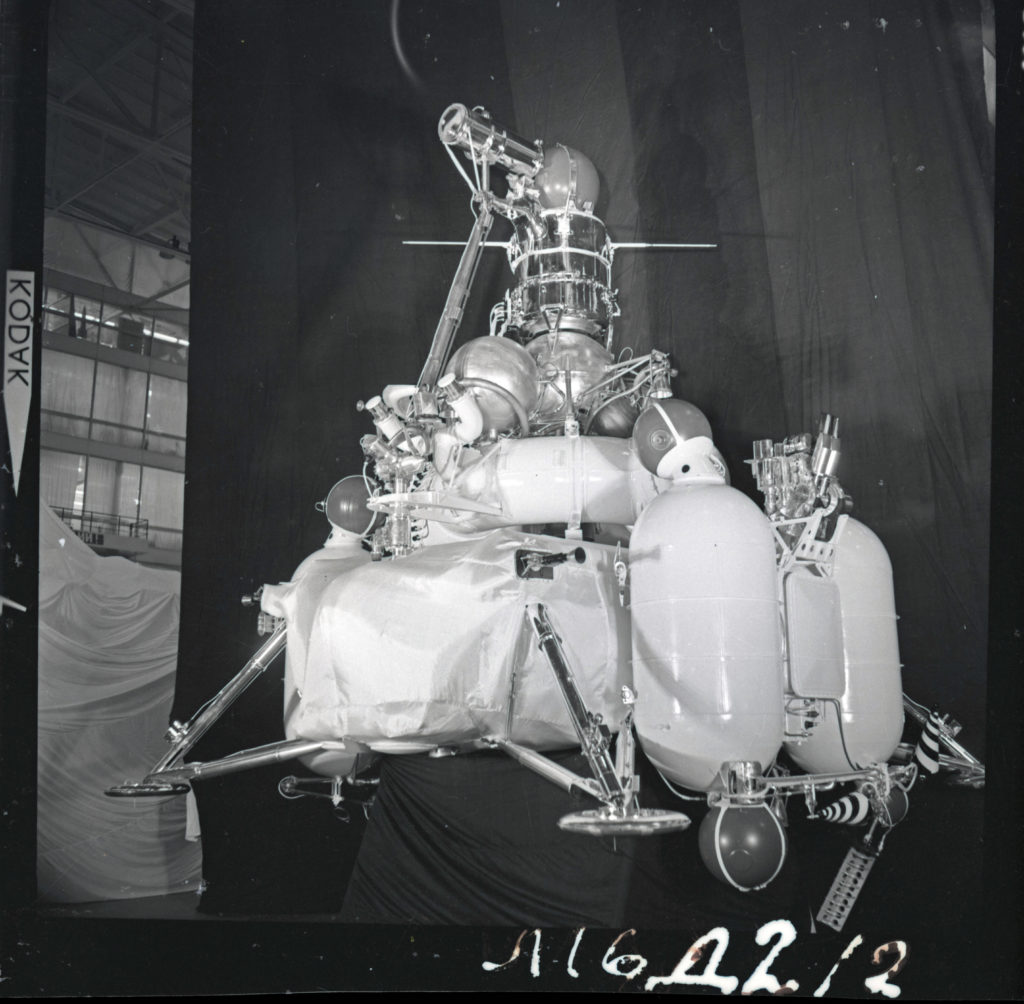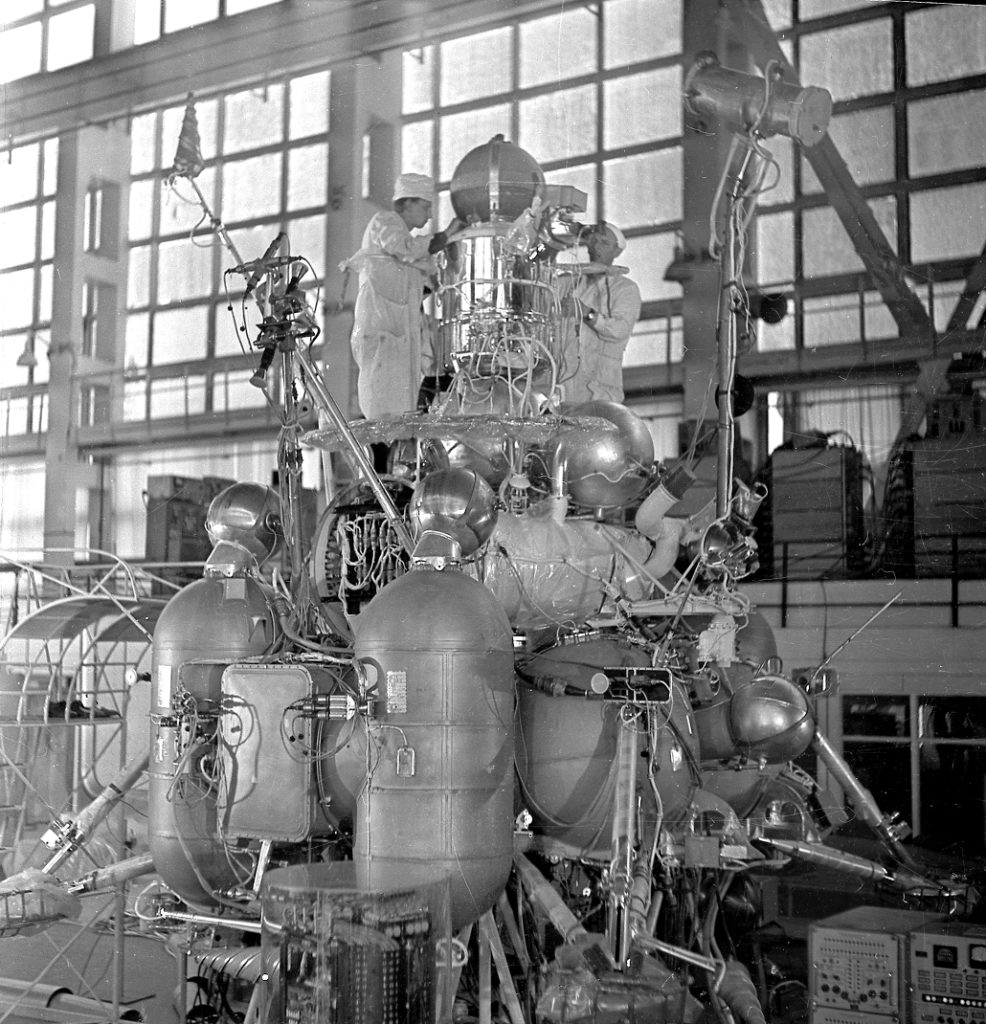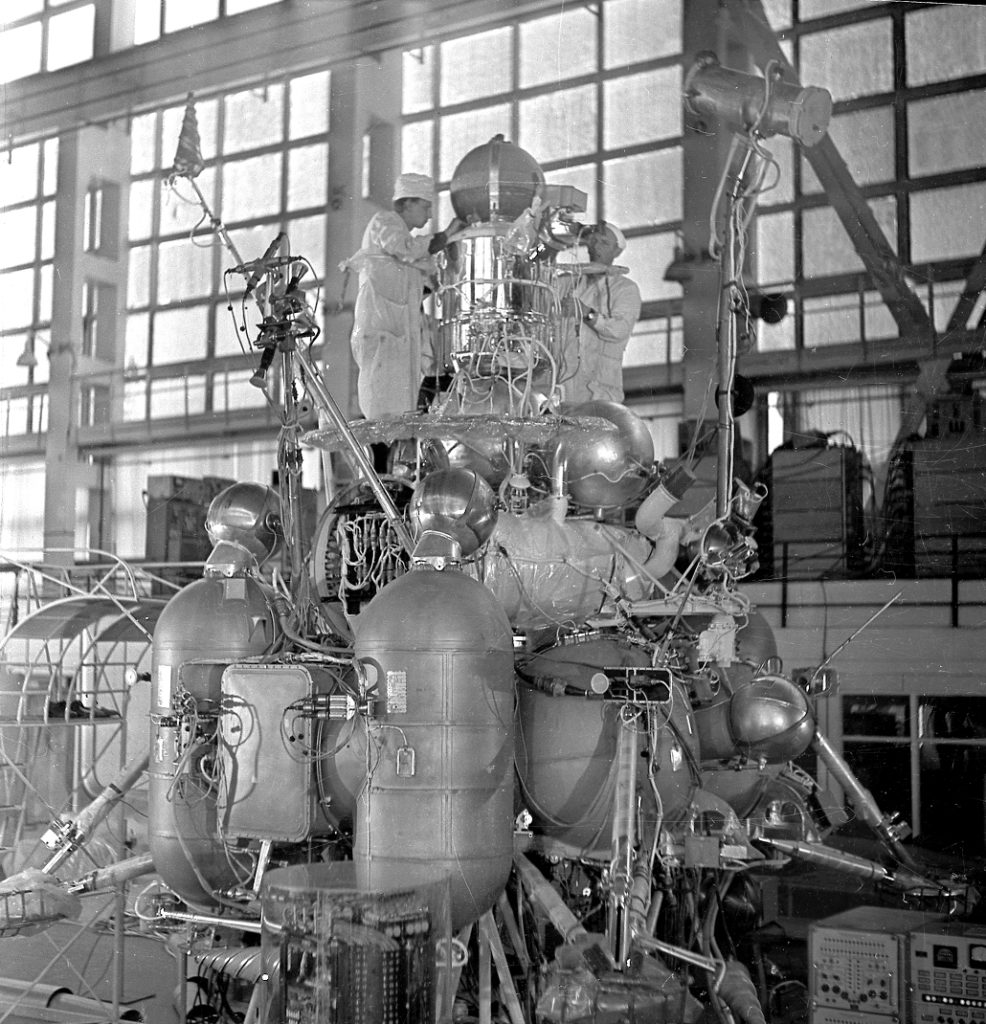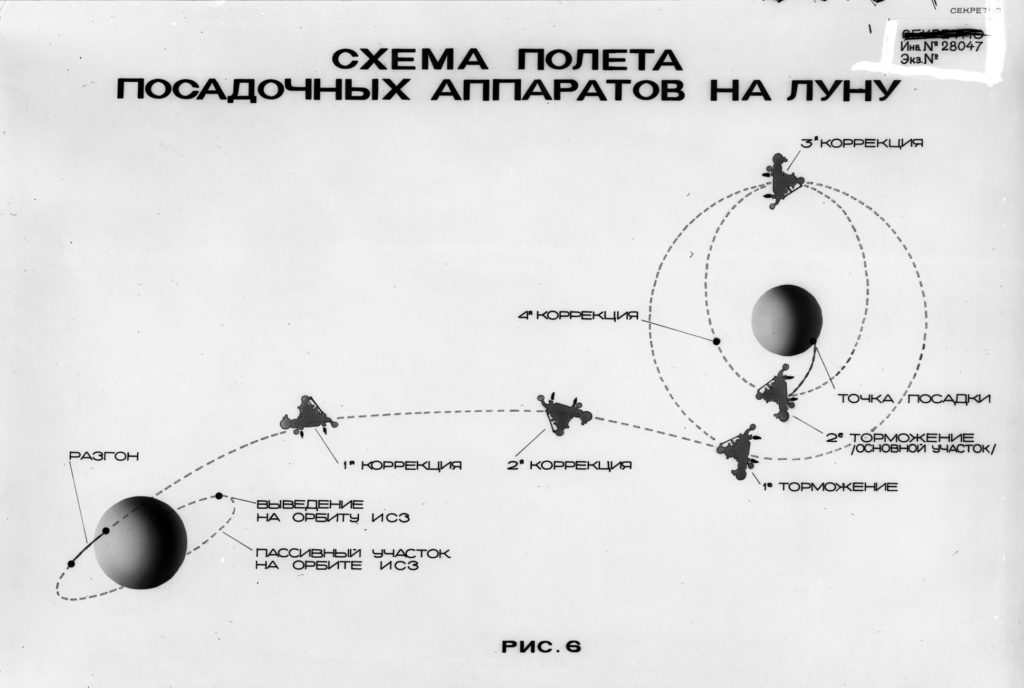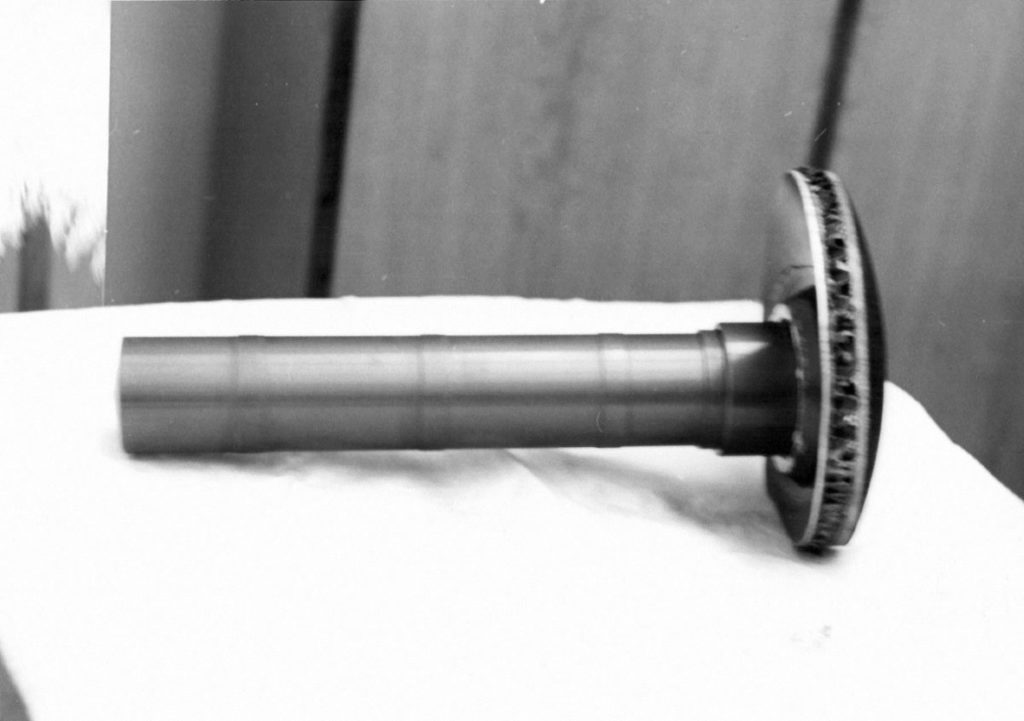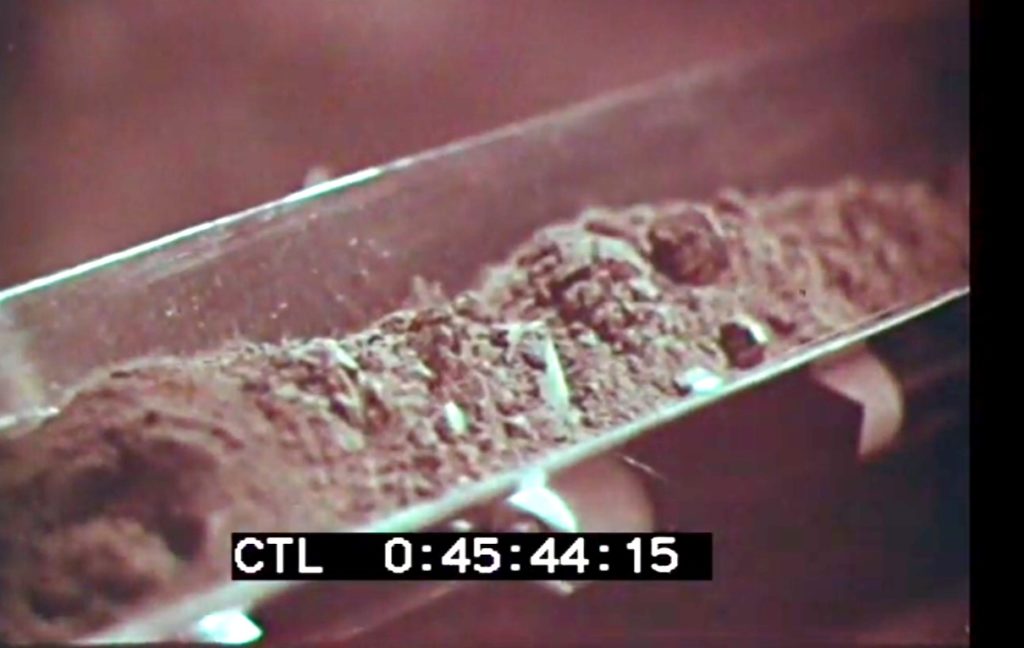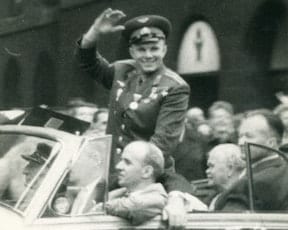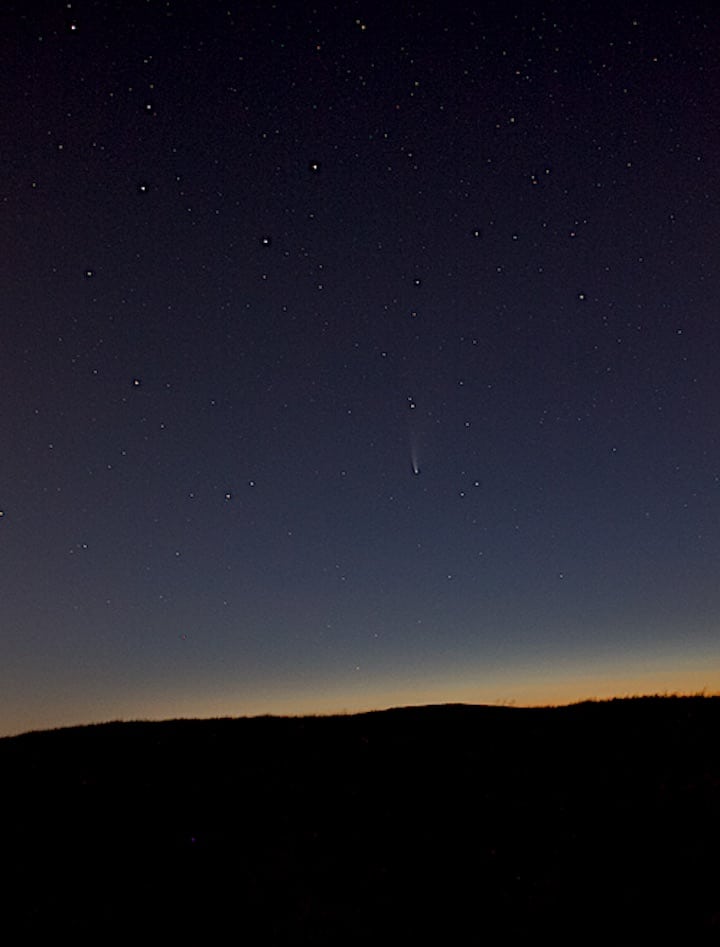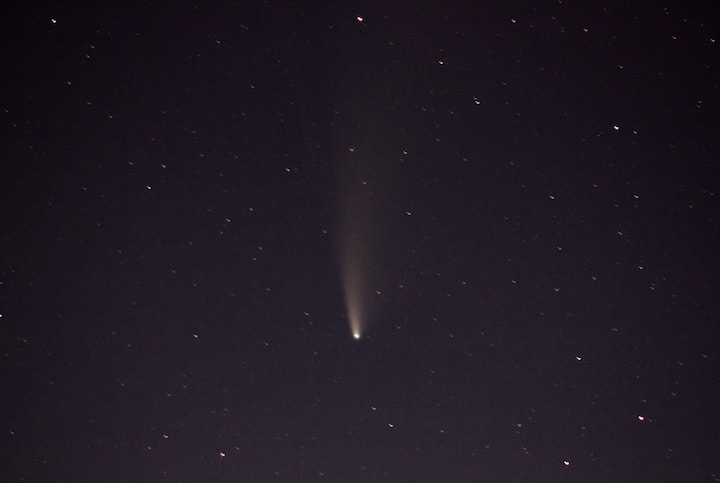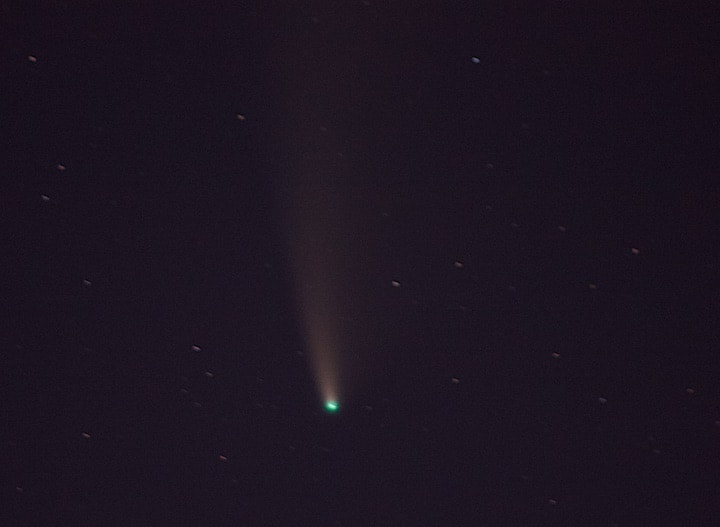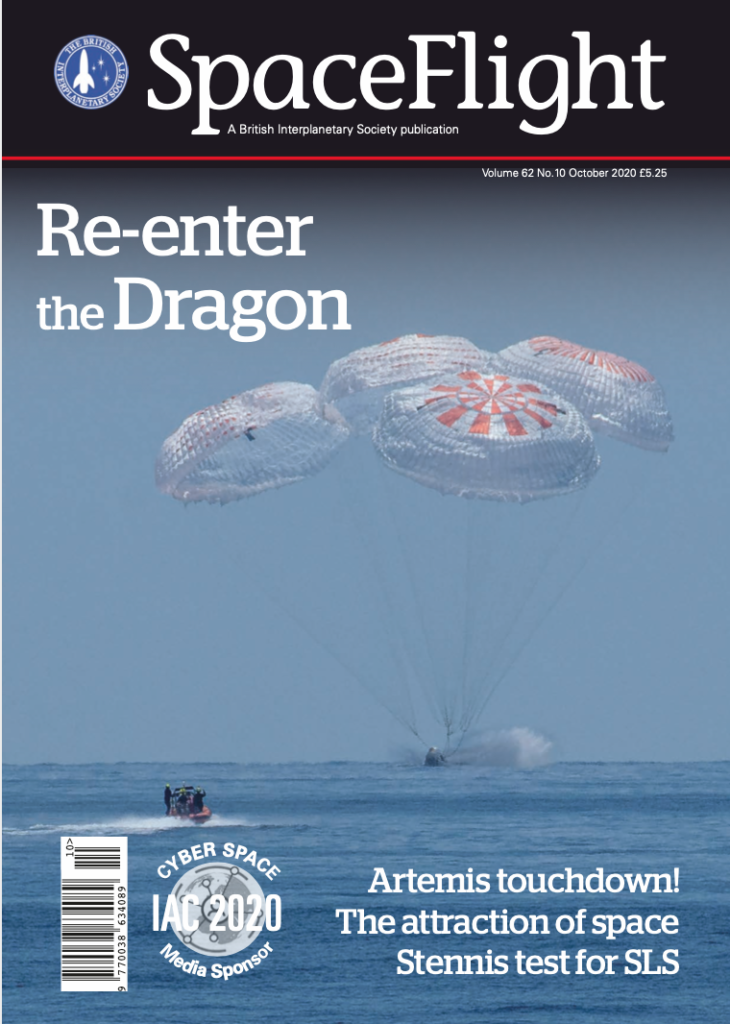
A review of my book “India’s Forgotten Rocket Pioneer” in the October 2020 edition of Spaceflight – the monthly journal of the British Interplanetary Society. A copy of the short review below.
Based in London, the BIS is the oldest independent space advocacy organisation in the World. It was founded in Liverpool in 1933. It is entirely a membership based organisation with many events organised annually. Former members include Patrick Moore, George Bernard Shaw and Arthur C Clarke. The Journal is subscription only – learn more and join the BIS here
Not forgotten
A new breed of space historian has emerged in the last decade giving voice to forgotten lives every bit the equal of those fortune determined would become famous and lead the race into orbit and beyond. And the world of astronautics is the better for it. Other lives matter. This book from a leading space historian is a very welcome addition and brings a reminder of how much we have been missing from the chronicle of global achievements in rocketry and space exploration. For too long we have focused on the big names such as Tsiolkovsky, Oberth, Goddard, von Braun and Korolev. This book helps to restore the balance through the story of a minor player, a life worth recording because it tells the story of a man obsessed with future possibilities, and that should resonate well with readers of this magazine. It is the story of Stephen Smith, a big name in the world of philately but not well-known at all for his achievements in astronautics.
Stephen Smith caught the attention of this author during his research into his magnum opus on India’s Space programme, its origins, development and evolution, and inspired Gubir Singh to research more deeply into the life of this Anglo Indian. A man whose work was lost in the chaos that attached itself to India’s independence in the 1940s and the turmoil caused by political upheaval. It is a terribly sad reflection on the shifting winds of fortune that Smith’s work was overwhelmed by those seismic national forces.
For a decade from the mid-1930s, Smith worked alone in Calcutta conducting experiments with rockets and their potential for practical application. Combining his great interests in stamps and the mail service, he developed the idea of using rockets to deliver mail and in this aspiration joined other pioneers in other countries, such as Schmeidl in Austria, Zucker in Germany and Pendray in the United States. As Singh notes in this fascinating account of Smith’s life, the world was changing and the advancement of civil aviation and associated technical capabilities had, by the end of the 1930s, made rocket mail redundant.
Denied the opportunities and the support for his rocketry by the travails of wrenching India from the grip of Empire, Stephen Smith’s life passed into obscurity. This book is all the more rewarding because it puts light to the life of a pioneer whose work was denied the publicity it deserved by politics, war and the exhausting liberation of a continent from foreign ownership. This a must- read book. Available at an exceptionally low price, fully illustrated and with a pleasing, period design, I cannot recommend it too highly.
